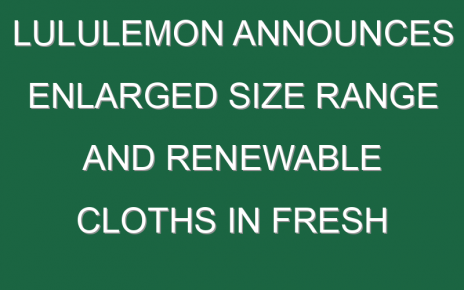It’s time to prepare for a no-trade-deal Brexit, U.K. Prime Minister Boris Johnson said Friday, just hours after the country’s biggest grocer warned of potential food shortages if there is disruption after the Brexit transition period ends.
Johnson’s announcement heralds a final showdown between the U.K. and the European Union over the question of whether the two sides can strike a free-trade agreement that can be in place by January 1. It comes the day after the prime minister’s self-imposed deadline for reaching a deal—that has definitely not yet been reached.
In a statement, Johnson said the U.K. had always wanted a loose relationship, along the lines of the EU’s trade deal with Canada, but the EU wouldn’t play ball. Indeed, on Thursday the EU’s national leaders indicated they wouldn’t budge on key demands about fishing rights and the U.K. continuing to stick to EU rules on things like state aid—they said it was up to the U.K. to “make the necessary moves to make an agreement possible.”
“They want the continued ability to control our legislative freedom, our fisheries, in a way that is obviously unacceptable to an independent country,” Johnson said. “And since we have only ten weeks until the end of the transition period on January 1, I have to make a judgment about the likely outcome and to get us all ready.”
He went on to say the U.K. should prepare for “arrangements that are more like Australia’s based on simple principles of global free trade”—in other words, a no-trade-deal scenario, since the EU doesn’t have one with Australia.
However, Johnson did not address the question of whether or not the talks would continue.
When pressed on this point, his press office pointed Fortune to a tweet by European Commission President Ursula von der Leyen, who responded to Johnson’s speech with: “The EU continues to work for a deal, but not at any price. As planned, our negotiation team will go to London next week to intensify these negotiations.”
It is at this point difficult to tell whether the negotiations are indeed doomed—Johnson’s command to prepare for no-deal could signal just that, or it could be a display of brinksmanship.
But time really is running out. Johnson’s Oct. 15 deadline was based on the fact that the EU side hoped to have a deal ready for approval by national leaders at their summit on Thursday (the meeting after which they made their statement about the U.K. needing to give way.) And that loose target was based on the need for each EU country to ratify the deal in time for its entry into force on Jan. 1.
However, Johnson and von der Leyen agreed at the start of October that the negotiations should continue for a further month, as some progress had been made.
Food shortages
The U.K. technically left the EU at the end of January, but it is still acting as a rule-following member of the bloc until Dec. 31. If there is no trade deal to govern what follows, the result is likely to be chaotic for companies, particularly those operating just-in-time supply chains spanning EU-U.K. borders.
John Allan, the chairman of supermarket giant Tesco, said earlier Friday that “we can’t rule out the possibility that if there is dislocation at the ports of entry to the U.K. there will be some shortages of some items of fresh food, at least for a short time.”
“The nation’s supply chain for food will continue but there may be some things we have to learn to live without for a few weeks, possibly a few months,” Allan added.
Following Johnson’s speech, the U.K.’s largest business association, the Confederation of British Industry (CBI), reacted with a note of dread.
“After four years of negotiations and so many hurdles crossed, this is no time to give up,” CBI director-general Carolyn Fairbairn said in a statement. “Neither side can afford to fall at the final fence. A deal is the only outcome that protects COVID-hit livelihoods at a time when every job in every country counts.”
Fairbairn said a deal would be needed to avoid customs checks at the border between Northern Ireland and the Republic of Ireland to its south and west, to “safeguard investment critical for future jobs,” and to allow for a data-sharing agreement that is “so vital for the U.K.’s 80% services economy”—this agreement is already an uncertain thing, due to the U.K.’s surveillance laws.
Banks have already shifted an estimated $1.5 trillion in assets, and 7,500 financial-services jobs, from the U.K. to continental Europe, in case a no-deal scenario removes their “passporting” rights to serve EU clients from the U.K.
More must-read international coverage from Fortune:
- WHO director calls herd immunity “scientifically and ethically problematic”
- The U.K. government’s scientific advisers told it weeks ago to introduce a national lockdown. It ignored them.
- The electric car market is buzzing with Europe and China taking the lead
- China is making up some ground on its U.S. trade deal commitments
- Facebook A.I. researchers push for a breakthrough in renewable energy storage



 talks: the EU continues to work for a deal, but not at any price.
talks: the EU continues to work for a deal, but not at any price. 
